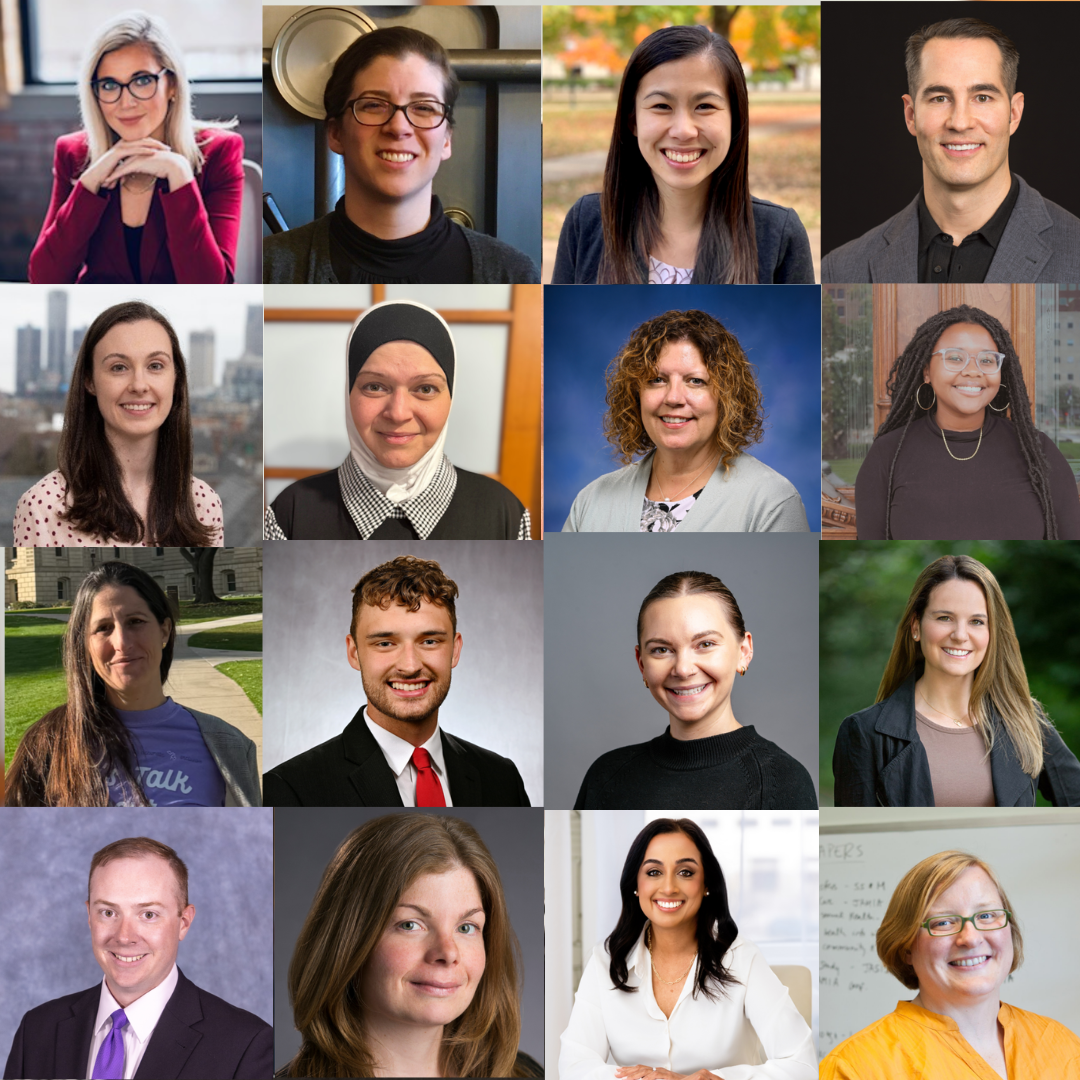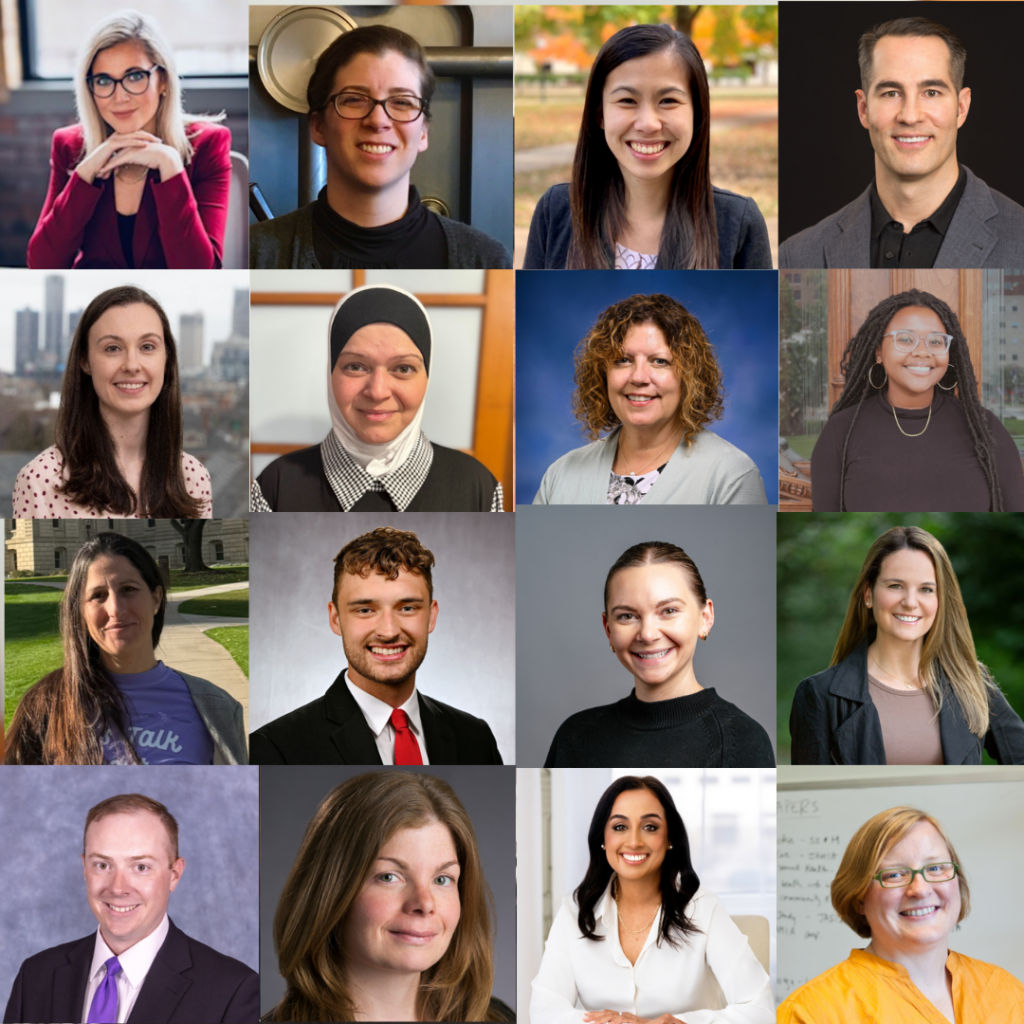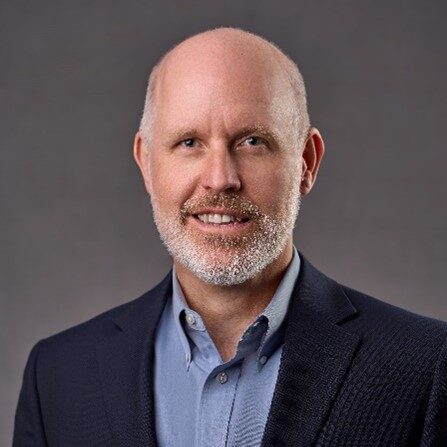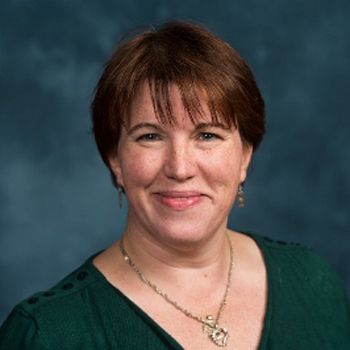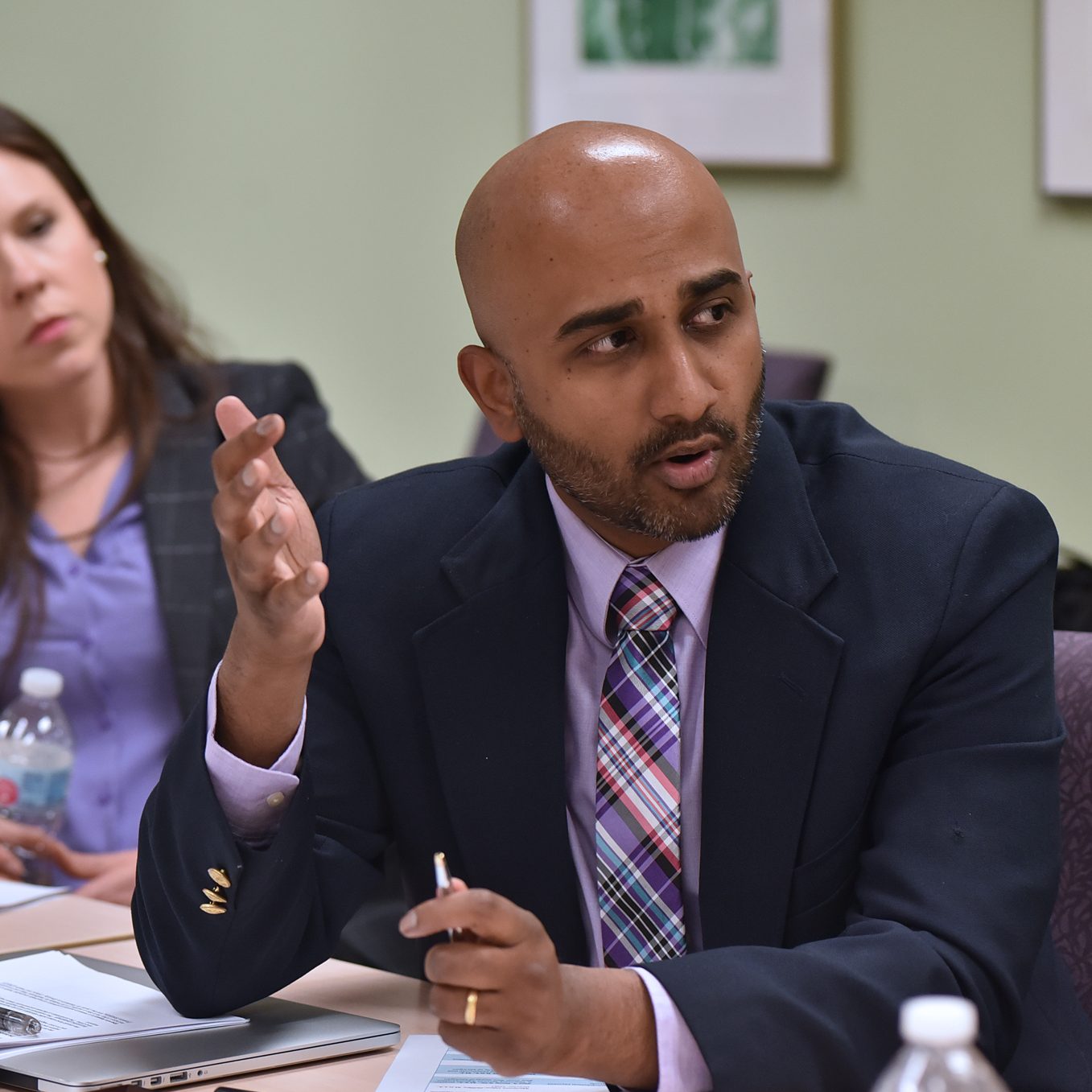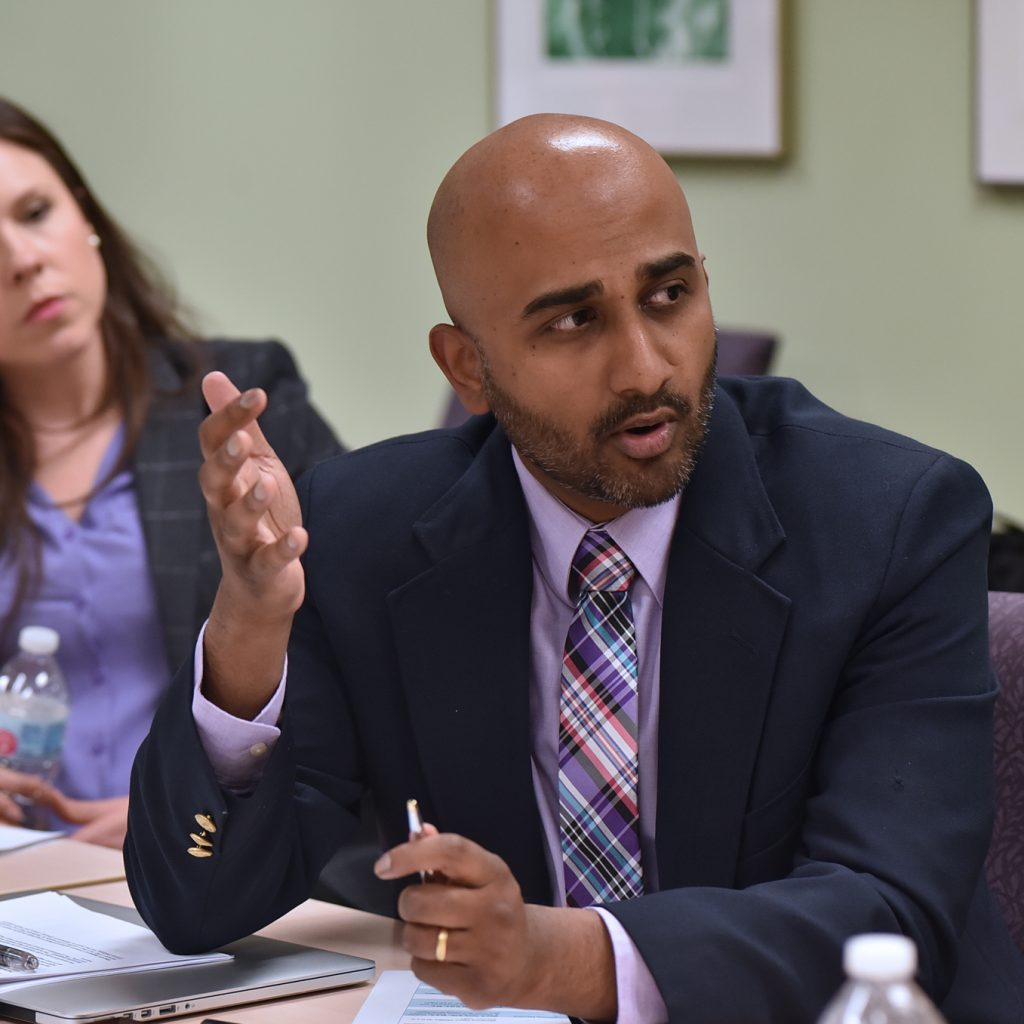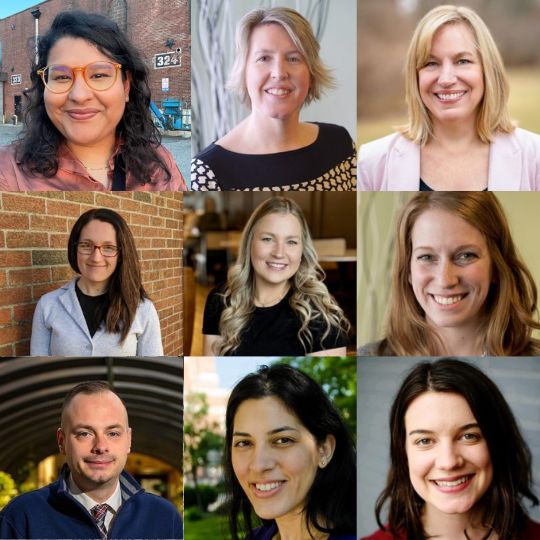
We’re pleased to share some important updates about our team at CHRT!
From well-deserved promotions to new team members bringing valuable expertise, our organization continues to grow in its commitment to advancing health and social equity.
Promotions
Samantha Iovan – Associate Director of Health Policy
Congratulations to Samantha Iovan on her promotion to Associate Director of Health Policy! Samantha leads initiatives that improve the integration of health care, public health, and social services.
Her expertise in data quality improvement, payer alignment, and delivery system reform drives impactful change. She also provides key analysis of Medicare and Medicaid policy, health care reimbursement structures, and insurance enrollment across all levels of government.
Samantha collaborates with stakeholders to develop research and policy strategies that enhance health equity by aligning care and financing models.
Shaina Tinsey – Project Manager, Health and Social Equity Team
Congratulations to Shaina Tinsey on her promotion to project manager on CHRT’s health and social equity team! Shaina supports MI Community Care (MiCC), a cross-sector care coordination program serving community members with complex health and social needs in Livingston and Washtenaw counties.
Her extensive background in community health—including previous roles with the Local Initiatives Support Corporation in Flint and Henry Ford Jackson—makes her a key asset to our team. Shaina holds an MPH from the University of Michigan School of Public Health and a BS in health administration from Eastern Michigan University.
Matt Hill – Senior Project Manager, Health and Social Equity Team]
A big congratulations to Matt Hill on his promotion to senior project manager! Matt oversees all backbone administrative functions for the Washtenaw Health Initiative and its health and human services integration initiatives.
His leadership and dedication continue to strengthen CHRT’s work in fostering collaboration across sectors to improve health and social outcomes.
Ayşe G. Büyüktür – Associate Director of Health and Social Equity Programs
We’re proud to announce that Ayşe G. Büyüktür has been promoted to associate director of health and social equity programs. In this role, she provides strategic oversight for CHRT’s partnerships in local and statewide initiatives focused on social determinants of health, integrated care models, and community information exchange.
Ayşe is deeply committed to community engagement, ensuring that research and program development are rooted in the needs of the populations they serve. She currently serves on MDHHS’s Community Information Exchange Advisory Committee and contributes to the Michigan Health Information Technology Commission’s workgroups.
Deana Smith – Associate Director of Opportunity Management
A huge thank you to Deana Smith for stepping into the role of associate director of opportunity management! Deana will play a pivotal role in developing and funding new projects and programs that align with CHRT’s mission and values. Her ability to foster strong partnerships and identify strategic opportunities will be invaluable as we continue to expand our impact.
New Team Members
Jennie Scheerer – Program Manager, Research and Evaluation Team
We’re happy to welcome Jennie Scheerer (MPH) to CHRT as a program manager on our research and evaluation team! Jennie has already made an incredible impact, working on soon-to-be-published briefs on physician burnout and social determinants of health (SDoH) screening.
She is also collaborating with Jonathan Tsao on CHRT’s expanded Certified Community Behavioral Health Clinic (CCBHC) evaluation for the Michigan Department of Health and Human Services. We’re glad to have her expertise and dedication on board!
Alaina Kastl – Administrative Project Coordinator
Alaina Kastl is an administrative project coordinator for the Center for Health and Research Transformation (CHRT). She provides administrative and project support to CHRT’s health and social equity team.
With a background in program coordination and nonprofit work, Kastl enjoys collaborating on initiatives that create meaningful impact in the community. She holds a bachelor’s degree in human development and family studies from Michigan State University and is passionate about equity, access to resources, and community engagement.
Adriana Mancillas – Health and Social Equity Analyst
Adriana Mancillas is a project manager and social worker committed to advancing health equity and community empowerment.
Mancillas provides volunteer leadership support to Mexiquenses Unidos en Michigan, strengthening healthcare access in the Spanish speaking community and promoting cultural competency and language access to local nonprofits. Previously, she served as the crisis support and advocacy services program manager at SafeHouse Center, where she provided support to survivors of intimate partner violence and their advocates.
With expertise in program development, stakeholder engagement, and culturally responsive service delivery, her work focuses on improving health access for all and continuous quality improvement in community-based programs.
Lynda McMillan – Senior Project Manager
Lynda McMillan is a senior project manager, leading complex, cross-sector initiatives that advance patient-centered care through strategic transformation. With over 20 years of experience spanning payer and provider environments, she has acquired deep expertise in interoperability, provider data strategy, and regulatory alignment—-consistently focusing on aligning people, process, and technology to drive meaningful outcomes.
Her work is driven by a commitment to building collaborative, scalable solutions that reduce administrative burden and improve outcomes for both healthcare professionals and the patients they serve.
Thank you!
At CHRT, we are grateful for the expertise and passion that our team brings to the table. These promotions and new additions strengthen our ability to drive meaningful change in health and social equity.
Congratulations to all, and we look forward to seeing the incredible work you’ll accomplish in your new roles!

